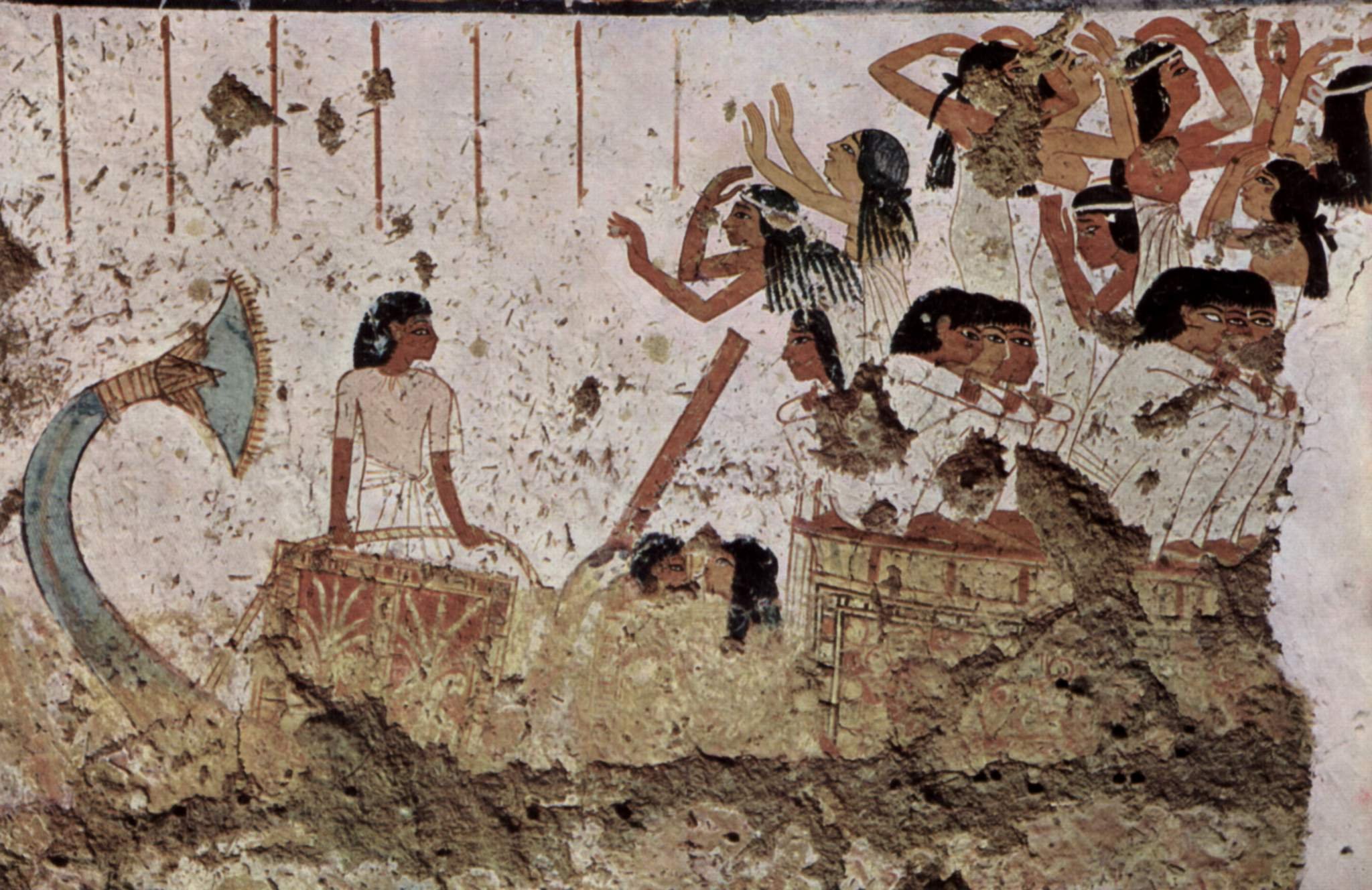There is No Space Left in Lagos City
Lagos is an immensely populated city. The population figure is so high that there is a running dispute between the National Population Commission and the Lagos government over how many people actually live here.
Stomach Restructuring
He waited for applause but seemed not to care when none came. The campaign was over. Sleek talk and sweet words had lost their necessity.
Nigerian Writers: A Treasure Trove of Riches
While earlier writers used themes of culture and tradition, the more contemporary Nigerian literature has expanded impressively and now draws from the realities of the country’s social processes, from women’s rights and feminism to post-war and post-colonial identity.
A Caricature of Something Forgotten
Then I heard blog posts made money for writers. Like every click they got converted to money, like Linda Ikeji's blog. “When Google Ads enter your blog like this, you will blow.” So I tried blogging. I didn’t blow.
How To Live in Nigeria
Ignore the temptation to acknowledge that as you grow older, the country’s thorns grow younger. Live like a bird. Do not think of the future.
The Pharaoh of Many Colours: An Egyptian’s Unsolicited Take on Afrocentrism
We’ve seen it all, really. Yet, we still fall into the trap of a single story—every single time. We still think that we are either this or that; we can’t be both; we can’t be everything all at once.
"To create something from nothing" – A conversation with Jenny Robson, 2023 Afritondo Shortlist
Jenny Robson was shortlisted for the 2023 Afritondo Short Story Prize. In this interview, she talks about writing and her short story, The Sister-in-law.
Afritondo Short Story Prize Shortlist 2023
The shortlist for the 2023 Afritondo Short Story Prize
International Women's Day: A look of some of our favourite women writers
As we celebrate International Women’s Day, we appreciate some of the amazing women we have worked with in the last few years. At Afritondo, we champion the works of African women and will continue to do so.
"I think of the story for a while, and I sit down and write it all at once"
Howard Meh-Buh Maximus on getting shortlisted for the 2022 Afritondo Short Story Prize and his writing career
On writing: "There are no rules" — Sabah Carrim
There are no rules, only conventions about what is good writing
Video: The 2022 Shortlist advice to new and aspiring writers
Our stories are worthy of being told
The shot that shook the nation: Revisiting the 1966 Nigerian coup d'état
On the surface, the coup looks like an Igbo plot: almost all its leading plotters were Igbo or Igbo-speaking, almost all its victims were non-Igbo, and Ironsi, who crushed it and became head of state, was Igbo.
The Birth and Growth of Pidgin English in West Africa
Pidgin English as a lingua franca in West Africa has united people, creating a bond that transcends borders.
Confessions of a Third World Peace Merchant
I get a wonderful greedy feeling in my stomach that POOP Matters will be back here once the opposition leader gets into power and gets drunk with it and morphs into another problematic dictator.
I Am Not a Machine: Thoughts on the Limits of Human Productivity
We don’t stop to ask why everything we do must be in service of a goal. Some things do not have a point, only existing for pleasure and delight, and that is part of the magic of being alive.




















